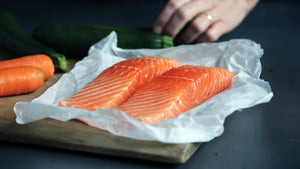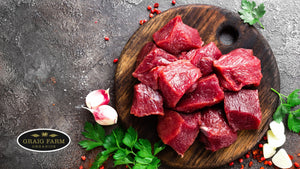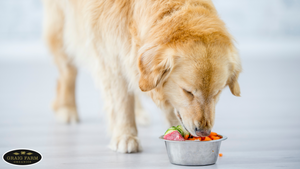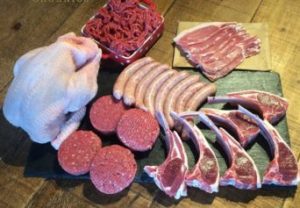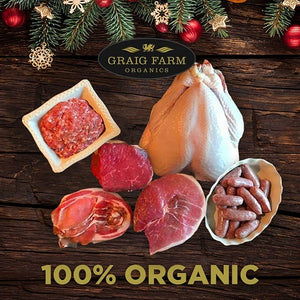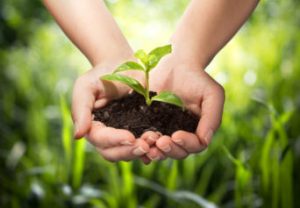What is Organic Food?

Identifying What is Organic Food?
So what is organic food, and what are the factors that make it different from industrially produced food? Food that’s produced organically must follow strict standards, which include minimising the use of pesticides and artificial fertilisers, promoting biodiversity and giving animals a better quality of life.
The UK’s organic food industry is stronger than ever, with more and more brands raising awareness of all the great things about choosing organic. From the nutritional benefits to the role it plays in combating climate change, there are many reasons to make the switch.
Negating Pesticides in Organic Food
One of the biggest controversies in food production today is the use of pesticides and the wider effects they have on our health, wildlife and the environment.
More than half of the UK’s wildlife has declined since the 1970s as a result of intensive agriculture. Declining populations of birds, butterflies and bees have been linked to excessive use of pesticides on farms. That’s why pesticides are prohibited in organic farming.
In organic food production, we use methods like crop rotation and encourage natural predators to avoid relying on toxic chemicals. By minimising the use of pesticides, wildlife can flourish and thrive. Studies have shown that organic farms are home to 30% more wildlife species, highlighting how important this system of farming is for the wider environment.
Animal welfare & Organic Food
The mistreatment of animals on industrial farms has been widely publicised in recent years. From mutilation without anaesthetic to overcrowded sheds, non-organic meat production is famous for being profit-driven at the cost of animal welfare, food quality and the environment.
On the other hand, animal welfare is at the heart of organic meat farming. Instead of living in overpopulated spaces, animals have access to pasture and sunlight. Not only does this dramatically improve their well-being, it prevents various health problems that are caused by cramped, unsanitary conditions.
Organically reared livestock must also have certified feed that’s sufficiently rich in nutrients, free from GMOs and animal by-products. Many animals like cows are grass fed, which results in healthier, leaner produce.
Chemicals
Have you ever thought about the various chemicals used in non-organic food production? While many of these are essential for hygiene and safety and pose no threat to us in safe doses, some are a cause for concern.
Many non-organic farms use routine drugs like antibiotics and hormones, traces of which can be found in the end product. Pesticides can also make their way into our food. In fact, a recent study found that residues of 123 different pesticides were present in children’s school fruit.
If you’re worried about traces of chemicals in your food, going organic is the best way to minimise your exposure to them. Here at Graig Farm Organics, our motto is “Nothing added, nothing taken away.”
GMOs
Genetically modified organisms (GMOs) are bacteria, plants and animals that have been altered in some way to give them characteristics they don’t have naturally. These engineering techniques have a range of benefits, like making crops more resistant to pests and harsh weather conditions.
However, ‘super weeds’ that are resistant to pesticides have emerged as a result of GM crops, especially in the USA.Because they’re able to withstand chemical treatment, more potent poisons are needed to treat them, which is detrimental to our planet. The best way to avoid GMOs is to choose organic produce.
Organic food on the whole is better for animals, the planet and for us too, so why wouldn’t you make the change?
- Tags: FAQs Organic Food
- Graig Farm
